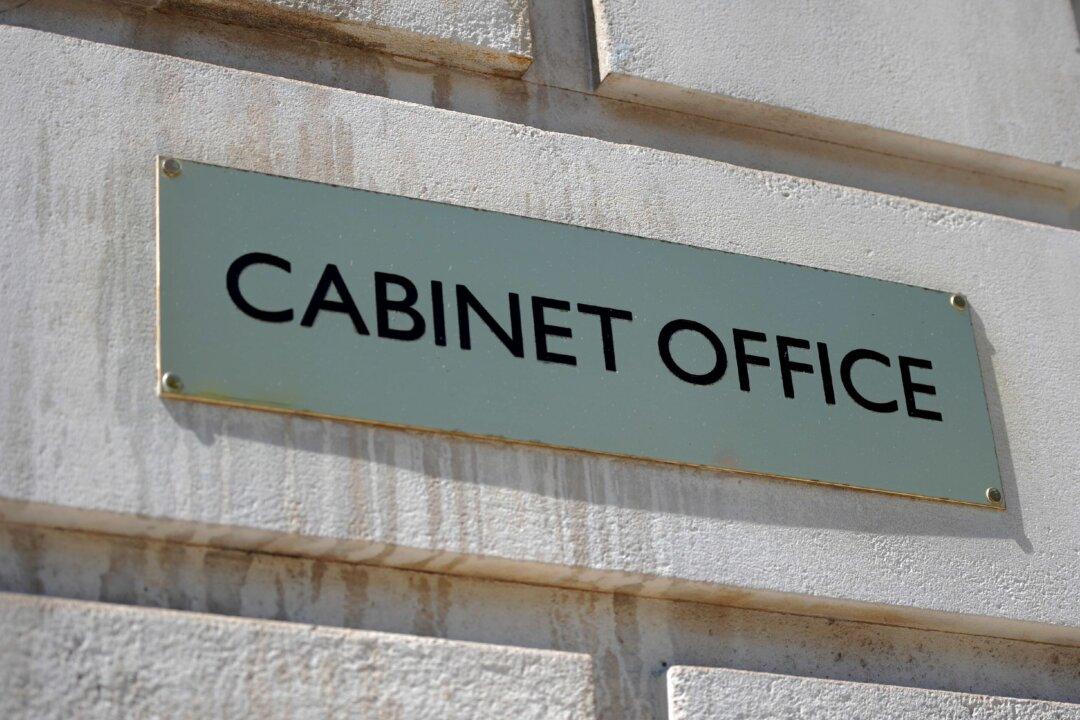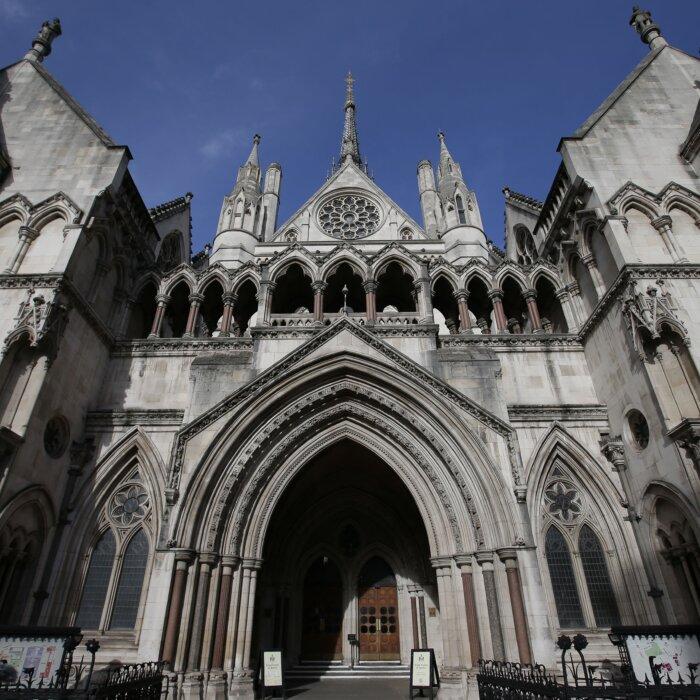Politicians of all political strips have been urged to take power back from the civil service and move away from technocracy.
The 114-page report also calls for changes to the Civil Service Code to reduce judicial reviews and a reversal of reliance on experts and quangos.
Authors argue that giving power away doesn’t allow ministers to avoid accountability for decisions, although they are now less able to influence those decisions than before.
They also said the transferring of responsibilities to experts comes with a risk that decisions won’t take full account of their wider impact, and that the rise of technocracy has coincided with growing disillusion among voters about politics.
“This paper argues that it is in politicians’ collective interest to reverse the trend towards Ministerial impotence, whichever party they belong to, and whether they are currently in power or not,” the report reads.
“The first step here is not to make things worse—resisting the siren calls to give yet more power away by codifying this or establishing a new quango there.”
Civil Service Code
According to the report, while the civil service has “huge strengths,” officials who are “constantly encountering contradictory ideas” for radical change, would predictably take a sceptical view and have “a strong bias towards the status quo, or at least highly incremental reform.”In their recommendations, the authors call for a number changes to the Civil Service Code, including a clarification of officials’ duty “not only to draw Ministers’ attention to problems in suggested policies, but a positive responsibility to do their best to identify alternative ways of delivering Ministers’ policy objectives.”
They also said the requirement for officials to “comply with the law and uphold the administration of justice” should be changed to ”comply with UK law and uphold the administration of justice” to avoid resistance to policies.
“From Brexit to Rwanda and Gaza, there have been a whole series of cases where officials have claimed the Code constrains their ability to implement Ministers’ decisions where they believe these may not comply with international law,” the report reads.
Mr. Justice Chamberlain said the UK’s legal system allows ministers to make decisions that violate international law, and the code does not prevent civil servants from implementing those decisions.
The report said there’s no need to hire radically different sorts of permanent secretaries, but the size of senior civil service needs to be cut by up to 40 percent, as well as its policy function, and salaries for senior civil servants could be increased by 30 percent, subject to the advice of the Senior Salary Review Body.
Arm’s Length Bodies, Watchdogs, Regulators
The report also said the growing body of arm’s length bodies (ALBs), watchdogs, and regulators has led to an enormous expansion of the role of the courts, “in particular the rise of judicial review and most of all since the incorporation of the European Convention of Human Rights into domestic law through the Human Rights Act.”Citing the Bank of England, the Office for Budget Responsibility, and the Climate Change Committee as examples, the report said these statutory “guard rails” have been designed to make it harder for changes, giving increased power to technocratic groups.
“They give additional powers to judicially review a huge range of government actions and policies if these can be argued as incompatible with the statutory target,” the report said, adding that the approach of embedding policy in primary legislation typically delays any significant policy change by at least two to three years.
The report’s recommendations are backed by former Cabinet minister Michael Gove and former Scottish Labour leader Jim Murphy, who wrote forewords for the report.
Mr. Gove said he welcomes the “philosophy underlying the report,” adding that it “pushes back hard on the pretensions of those who believe whole areas of public life and decision-making impacting the population should be fenced off and left in the hands of technocrats beyond any political accountability.”







